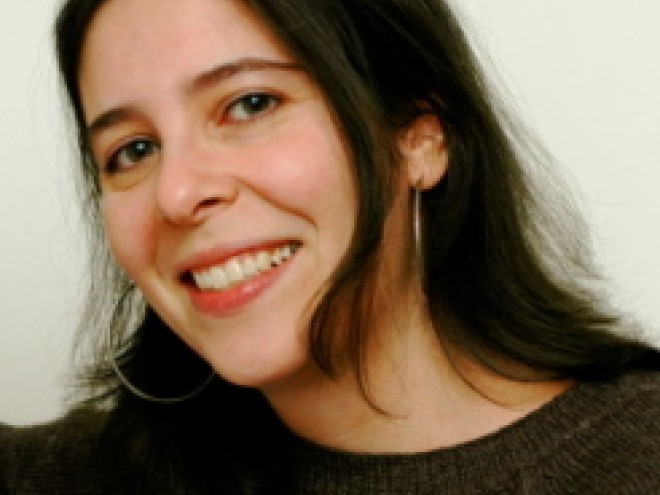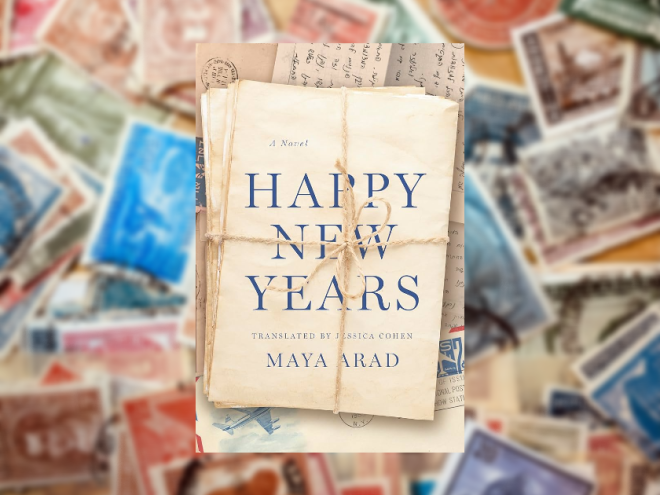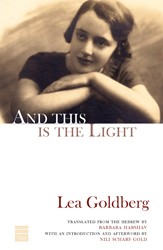Accomplished Israeli writer Yael Hedaya’s Eden is no tale of blissful innocence, but rather one weighted with the heavy knowledge of maturation, loss, and longing. Eden, a moshav in the Israeli countryside, is peopled by a cast of characters whose lives intersect in complicated and sometimes surprising ways. Through the narrative’s shifting perspective, Hedaya renders each of these characters pitch-perfectly and with stunning depth, revealing a masterful understanding of emotion and psychological process at all different stages of life. Dafna, a cynical social justice activist, endures one futile doctor’s visit after another as she struggles to become pregnant. Alona, an uptight editor, wants to express her love for her young children but finds herself hampered by her own neuroses. Mark, Alona’s estranged husband, tries to find meaning after their separation. Roni, Mark’s rebellious and sexually precocious 16-year-old daughter from an earlier marriage, seeks intimacy with older men. The everyday, personal dramas of the moshav are neatly juxtaposed against considerations of Israel’s larger political conflicts, until an unexpected tragedy supersedes all other concerns — perhaps to the detriment of an otherwise captivating story, which abruptly loses the communal connections and interweaving subplots that had made it so rich. Hedaya writes with brutal honesty about despair but nevertheless shows that when life is at its most bleak, glimmers of the extraordinary can shine through. Eden is an engaging study of the way people make sense of themselves and relate to others, delivered with razorsharp insight. Translated from Hebrew.

Fiction
Eden
- Review
By
– September 19, 2011
Dani Crickman is the Jewish Book Council’s art director.
Discussion Questions

Jewish literature inspires, enriches, and educates the community.
Help support the Jewish Book Council.



